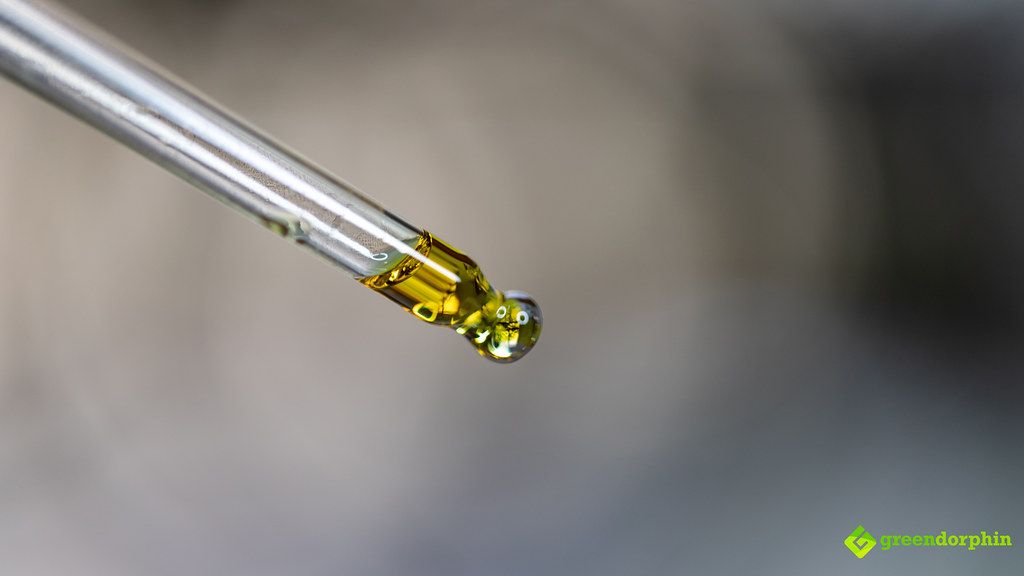The cannabis plant has many different compounds, each having different effects on the human body. THC and CBD are the two most understood by the general public. In short, CBD is derived from the hemp plant and is used for its many health benefits, whilst THC is a psychoactive compound and has only trace amounts in most CBD products.
This article will explore the differences between the major compounds CBD, CBG, CBN, and CBC; both their differences and similarities.
CBD
CBD is short for cannabidiol. Basically, this is extracted from hemp plants; a cousin of marijuana. It doesn’t get you high because the THC count is low, meaning there are deemed to be no adverse effects.
Quite the contrary, the non-intoxicating nature of CBD has very few downsides, yet retains a lot of the health benefits often described with marijuana. It can reduce pain and inflammation, reduce anxiety and seizures, as well as aid sleep. This is the most popular of the non-intoxicating cannabinoids, in part because it underwent a legality renaissance throughout most of the world 10 years ago.
CBG
Cannabigerol is similar to CBD in that it’s non-intoxicating too. Coming from the cannabis plant, this compound has very different effects on the body compared to CBD. Research shows it can be an agonist for CB1 and CB2 receptors, as well as being a GABA reuptake inhibitor. Basically, this is related to inflammatory and neuropathic pain.
The benefits of CBG are that it can reduce pain and inflammation, as well as having both digestive and antibacterial benefits.

CBN
Cannabinol, also a non-intoxicating derivative of the cannabis plant, can only be created through chemical conversion. CBN is different in that it appears to resemble THC more than CBD in its structure, but it remains non-psychoactive nonetheless.
The benefits being put forward for CBN consumption are neuroprotective, aided sleep, appetite stimulation, and antibacterial. However, it should be stated that the most amount of research has been performed on CBD, meaning the benefits of CBN and some of the others on this list are somewhat less certain.
CBC
Cannabichromene is another, more recently popular cannabinoid that many are very optimistic about. So far, CBC seems to resemble CBD to some degree regarding its benefits despite having a unique structure. Though, its benefits do differ to a degree, as it’s claimed to have analgesic benefits along with neuroprotection, neuroregeneration, and cancer benefits.
Final Word
Whilst there are many different compounds, and to some extent, a continuous evolution and growth of them, it’s important to consider what we already have. Jumping on a new trend of more unheard-of cannabinoids that have been less researched isn’t the goal, but to look at what your needs are, if the cannabinoid in question is legal in your area, and how far the current research is. When in doubt, CBD has a very broad range of benefits and is extremely well-tested.
Sources
https://www.miistercbd.com/en/
https://pubchem.ncbi.nlm.nih.gov/compound/cannabichromene
https://www.sciencedirect.com/topics/neuroscience/cannabigerol
- Safely Navigating the World of Magic Mushroom Gummies: A Comprehensive Guide - March 28, 2024
- What Is CBD And Why Should You Use It? - March 8, 2024
- The Synergy of CBD and Vaping - November 27, 2023


